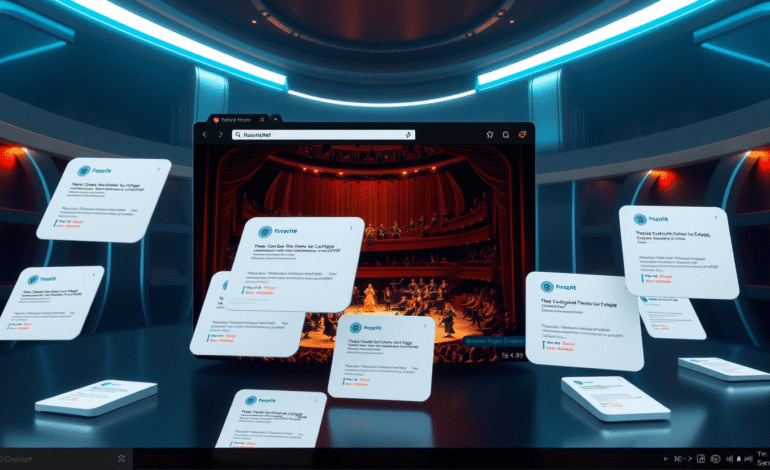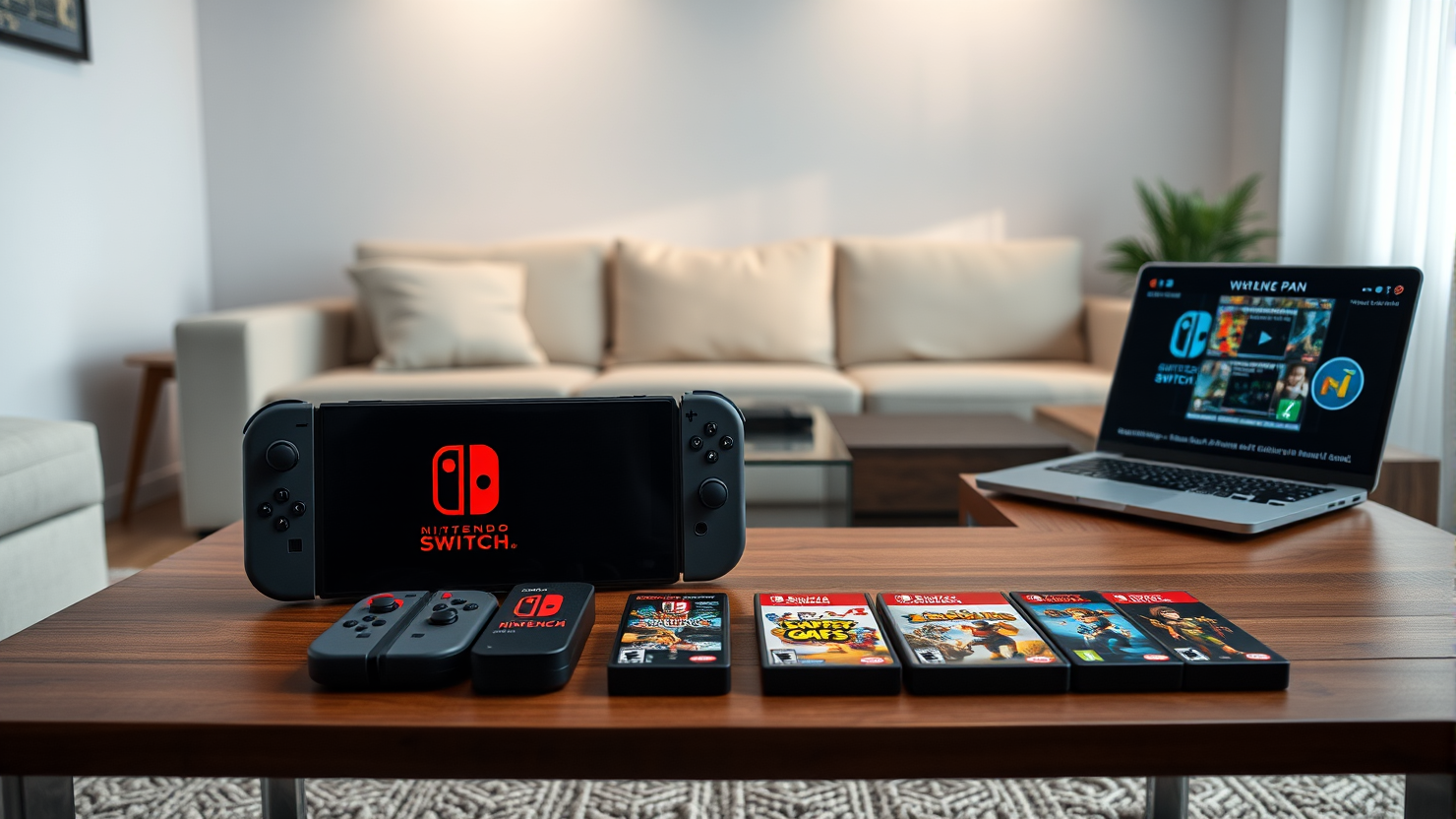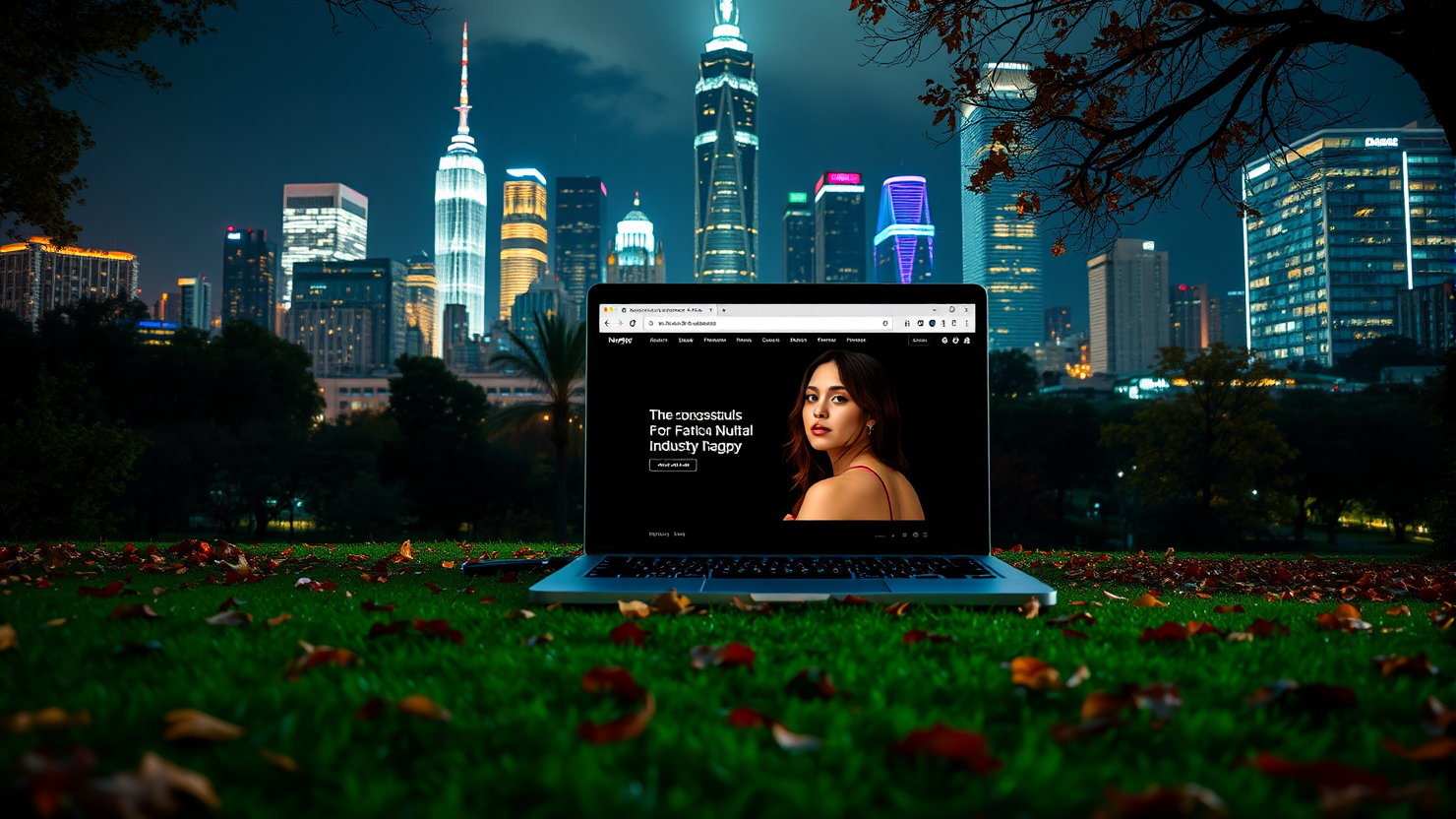Opera Unveils AI-Powered Browser Neon for Power Users: A Rival to Comet and Dia

Opera unveiled its AI-focused browser, Neon, on Tuesday, offering users the ability to create applications through AI prompts and establish repeatable prompts using a feature called cards. The browser joins an expanding list of companies such as Perplexity and The Browser Company in their quest to develop agentic browsers.
Initially announced in May, Neon was previously available only in closed preview. Starting today, the company will start sending invitations to select individuals who can use the browser for a monthly fee of $19.99.
Krystian Kolondra, EVP Browsers at Opera, stated, “We developed Opera Neon for those who heavily rely on AI in their daily routines, and we’re delighted to welcome the first users who will assist us in shaping the future of agentic browsing.”
The browser includes several key features. A basic chatbot is available for answering queries, while the more advanced feature, Neon Do, assists with completing tasks. For example, it can condense a Substack blog and post the summary to a Slack channel or retrieve details from a YouTube video viewed last week or an article read the previous day.
Opera’s new browser also generates code snippets, which is beneficial for creating visual reports featuring tables and charts. However, it remains unclear whether these mini-apps can be shared with others at present.
The Browser Company’s Dia offers a feature called Skills, allowing users to repeatedly invoke prompts like commands or apps. Neon introduces a similar repeatable prompt system using cards, functioning similarly to IFTTT (IF This Then That) for AI prompts. Users can combine cards such as “pull-details” and “comparison-table” to create a new prompt for comparing products across tabs. As with Dia, users can develop their own Cards or utilize those created by the community.
Opera Neon also introduces a new tab organizational feature called Tasks, which are self-contained workspaces of AI chats and tabs. This feature resembles Tab Groups combined with Arc Browser’s workspace feature, which has its own context for AI.
During the demo, Opera showcased Neon completing tasks such as ordering groceries. However, it should be noted that demos do not always reflect real-world scenarios, particularly in the case of AI products. As a result, Neon must demonstrate its capabilities in practical applications to validate its claims.
With this launch, Opera enters direct competition with offerings like Perplexity’s Comet and Dia. Major tech companies such as Google and Microsoft are also incorporating more AI-powered features into their browsers. Unlike competitors, Opera positions Neon as a product for power users, offering it on a monthly subscription basis.






